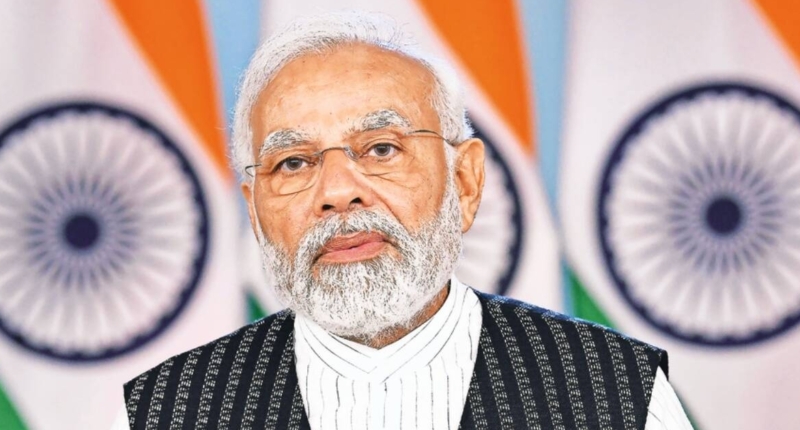India is planning to roll out high-speed 6G communication services by 2030 through its Bharat 6G project. The project will be implemented in two phases, with the first phase from 2023 to 2025 focusing on explorative ideas, risky pathways, and proof-of-concept tests. The second phase from 2025 to 2030 will aim to develop the ideas and concepts that show potential for acceptance by the global peer community, establish their use cases and benefits, and create implementational IPs and testbeds leading to commercialisation. The project will focus on new technologies such as Terahertz communication, radio interfaces, tactile internet, artificial intelligence for connected intelligence, new encoding methods, and waveforms chipsets for 6G devices. To fund research and innovation on 6G, the government recommends the creation of a corpus of Rs 10,000 crore to facilitate various funding instruments such as grants, loans, VC fund, fund of funds, etc. for the next 10 years.
India’s Bharat 6G project aims to bring ultra-high-speed internet by 2030
India plans to launch high-speed 6G communication services by 2030 through its Bharat 6G project, according to a vision document unveiled by Prime Minister Narendra Modi on Wednesday. The project will be implemented in two phases, and an apex council will oversee the initiative, focusing on issues like standardisation, identifying spectrum for 6G usage, creating an ecosystem for devices and systems, and financing research and development.
The council will also facilitate and fund research and development, design and development of 6G technologies by Indian start-ups, companies, research bodies and universities. It aims to enable India to become a leading global supplier of intellectual property, products and affordable solutions of 6G telecom.
The project will focus on new technologies such as Terahertz communication, radio interfaces, tactile internet, artificial intelligence for connected intelligence, new encoding methods and waveforms chipsets for 6G devices. According to the vision document, 6G use cases will include remote-controlled factories, constantly communicating self-driven cars and smart wearables taking inputs directly from human senses.
Modi launched 5G services in October 2022 and stated that India should be ready to launch 6G services in the next ten years. Unlike 5G, which can offer internet speeds up to 10 Gbps, 6G promises to offer ultra-low latency with speeds up to 1 Tbps.
The vision document recognizes that 6G’s growth needs to be balanced with sustainability. Since most 6G supporting communication devices will be battery-powered, they can have a significant carbon footprint. As part of the 6G mission, India will identify priority areas for research by involving all stakeholders, including industry, academia and service providers, spanning theoretical and simulation studies, proof-of-concept prototypes and demonstrations, and early market interventions through startups.
India’s 6G Project Will be Implemented in Two Phases
India’s 6G project will be implemented in two phases, according to a vision document. The first phase will be from 2023 to 2025, and the second one will be from 2025 to 2030. In the first phase, explorative ideas, risky pathways, and proof-of-concept tests will be supported. Ideas and concepts that show promise and potential will be adequately supported to develop them to completion, establish their use cases and benefits, and create implementational IPs and testbeds leading to commercialisation as part of phase two.
The vision document also recommends the exploration of shared use of spectrum, particularly in the higher frequency bands for 6G. A reassessment and rationalization of congested spectrum bands and adoption of captive networks for Industry 4.0 and enterprise use cases will also have to be done.
The document recommended the creation of a corpus of Rs 10,000 crore to facilitate various funding instruments such as grants, loans, VC fund, fund of funds, etc. for the next 10 years to fund research and innovation on 6G. Two tiers of grants are proposed: up to Rs 20 crore to service funding requirements ranging from small to medium and grants above Rs 20 crore for high impact projects.
Don’t miss interesting posts on Famousbio









